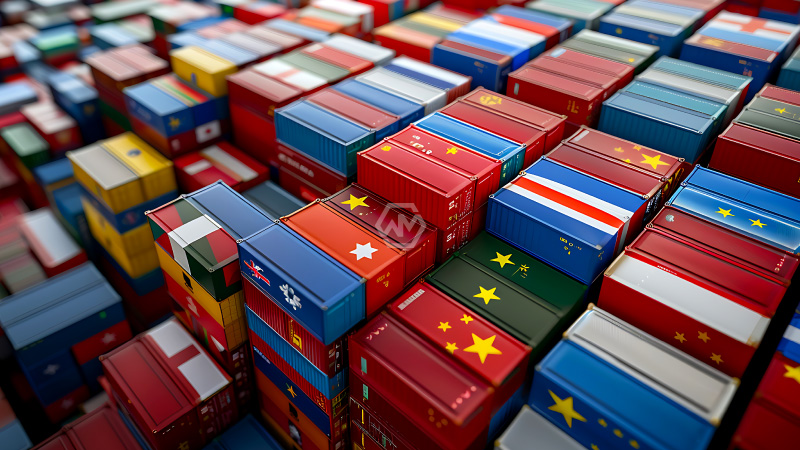- Taiwan tightens short-selling rules to prevent post-holiday market chaos.
- Trump administration refuses to roll back tariffs despite record stock losses.
- Nykaa shares in focus with steady Q4 growth amid global financial unease.
Taiwan’s financial regulator has moved swiftly to prevent potential market fallout following the U.S.’s aggressive tariff announcements.
Meanwhile, the Trump administration’s unwavering tariff stance has shaken investor confidence, with over $9.6 trillion wiped off U.S. markets since Inauguration Day.
From Tariffs to Tumult: How Policy and Panic Are Shaping Global Markets
The financial tremors began with President Trump’s sweeping tariff measures, which exceeded investor expectations in both size and speed. These abrupt moves stoked fears of retaliatory trade wars, and investors quickly began offloading equities amid the mounting uncertainty.
Taiwan’s regulatory action echoes similar steps taken during past periods of global instability, like in 2022 when recession fears and Fed rate hikes rattled markets. The new short-selling rules are intended to reduce downward pressure from speculative trades in the initial days after market reopening.
Nykaa, on the other hand, is defying the broader market trend with strong quarterly performance. With net revenue growth in the mid-20s for Q4 FY2025, the company signals resilience in India’s consumer market, driven by continued digital demand for beauty and wellness products.
Despite the political bravado, the economic implications of the tariffs are far-reaching. Economists caution that prolonged trade restrictions could slow growth, elevate inflation, and strain global supply chains—leading to longer-term damage beyond just market corrections.
In a climate of unpredictability, sound policies and investor caution will be key. While governments double down on strategy, markets are left navigating the turbulence.
“The tariffs are coming. He announced it and he wasn’t kidding.” – Howard Lutnick, Commerce Secretary



